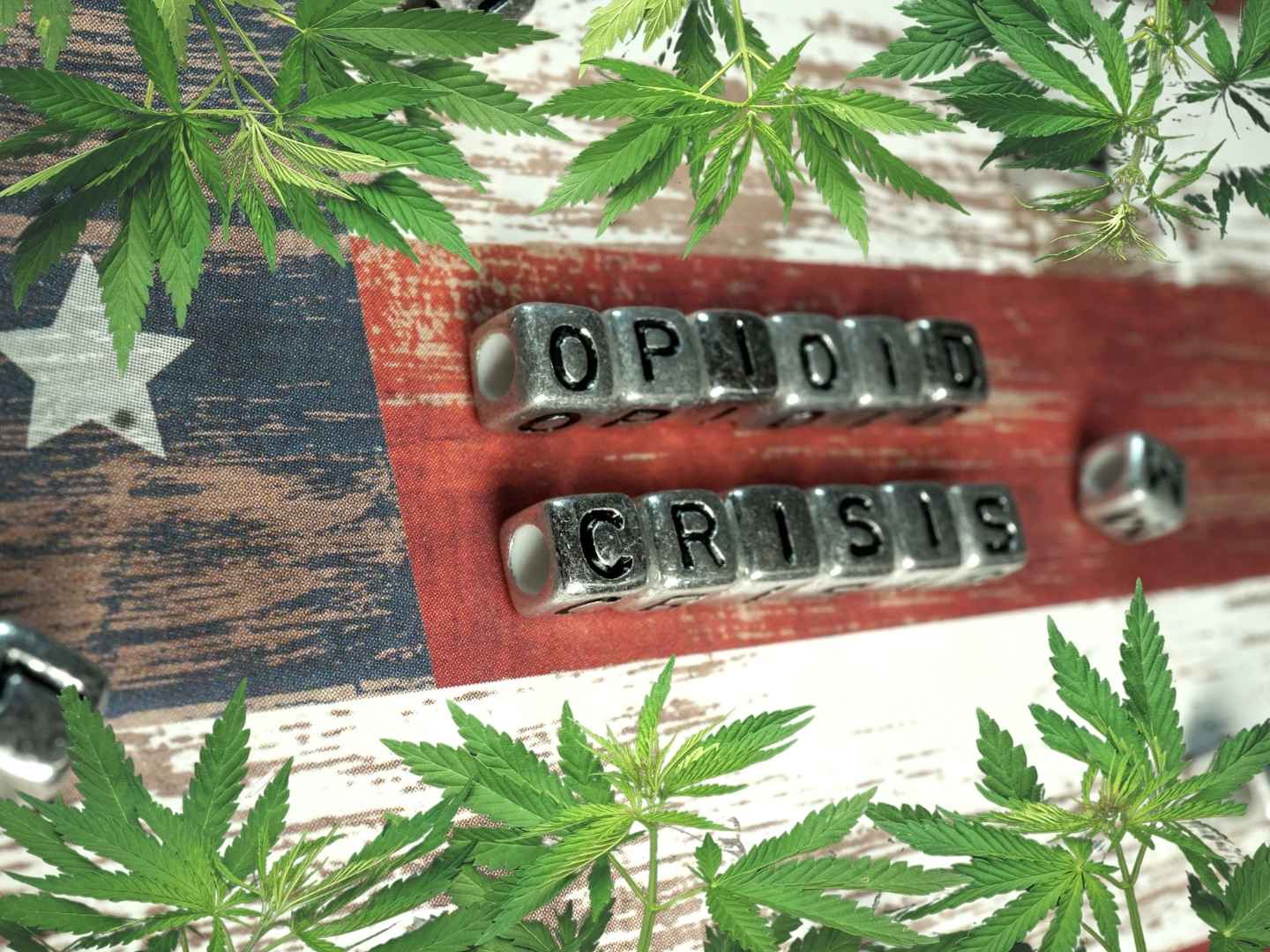How Medical Cannabis Legalization is Shaking Up the Opioid-Pain Doctor Relationship

New Study Reveals a Significant Decline in Pharma Payments Post-Legalization
In a compelling twist to the ongoing narrative of medical cannabis legalization, recent research has unveiled a noteworthy trend: states embracing medical marijuana are witnessing a marked decline in the financial ties between opioid manufacturers and pain management physicians. This development not only underscores the shifting landscape of pain treatment but also hints at cannabis's potential role in mitigating the opioid crisis.
Unpacking the Financial Dynamics
Researchers from the University of Florida, University of Southern California, and Purdue University embarked on an analytical journey, scrutinizing transaction data from 2014 to 2017. Their focus? The direct payments flowing from opioid manufacturers to pain medicine physicians. Employing a sophisticated penalized synthetic control model, they sought to determine the causal impact of medical marijuana laws (MML) on these financial exchanges.
The study's revelations are striking:
Significant Decrease in Payments: States that enacted medical marijuana laws experienced a notable reduction in direct payments from opioid manufacturers to pain specialists. This suggests a potential decline in the influence of pharmaceutical companies on prescribing behaviors in regions where cannabis is a legal medical alternative.
Reduced Opioid Prescriptions: The data indicates that physicians in MML states are prescribing fewer opioids, aligning with the decreased financial interactions with opioid manufacturers. This trend points to a possible shift towards alternative pain management therapies, including medical cannabis.
Demographic Variations: The substitution effect—opting for cannabis over opioids—appears more pronounced among female physicians and in communities characterized by higher white, less affluent, and working-age populations. These nuances highlight the complex interplay between demographics and medical practice patterns.
These findings carry profound implications:
Evolving Treatment Modalities: The reduction in opioid prescriptions suggests that medical cannabis is gaining traction as a viable alternative for pain relief, potentially curbing the risks associated with opioid dependence and overdose.
Pharmaceutical Industry Influence: The diminished financial relationships between opioid manufacturers and physicians in MML states may indicate a waning influence of Big Pharma on medical practices, fostering a more patient-centered approach to pain management.
Policy Considerations: For policymakers, these insights underscore the importance of considering medical cannabis legalization as a strategic component in addressing the opioid epidemic, promoting safer pain management alternatives, and reducing pharmaceutical industry sway over medical decisions.
Embracing Change for Better Health Outcomes
The intersection of medical cannabis legalization and its impact on opioid-related practices presents a promising avenue for enhancing patient care and combating the opioid crisis. As more states contemplate the legalization of cannabis medicine, the potential for fostering healthier communities through reduced opioid dependence becomes increasingly tangible. This study adds a compelling chapter to the evolving story of medical cannabis in modern healthcare, highlighting its role in reshaping the dynamics between healthcare providers and the pharmaceutical industry.
Please note: You are not currently logged in. Only members can contribute comments. If you would like to contribute click the button below.
